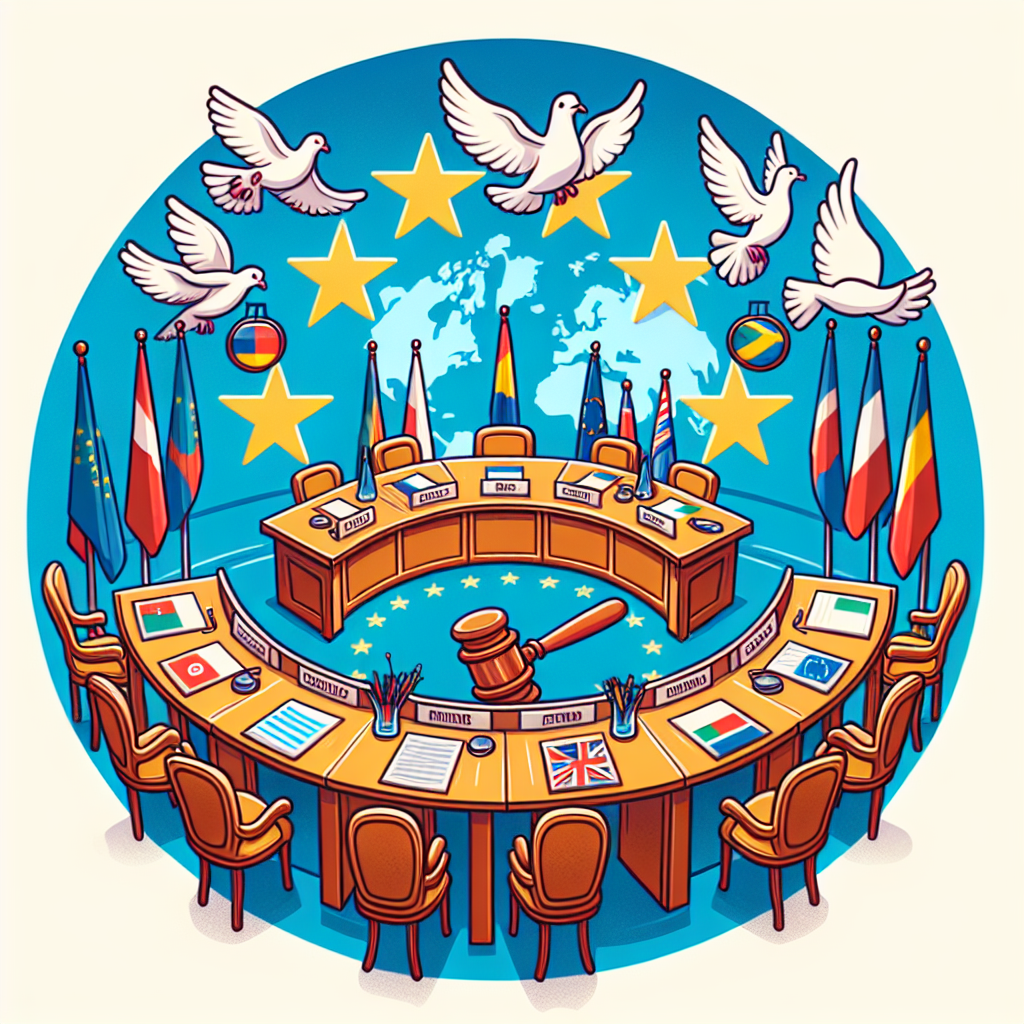Georgia's EU Dreams Freeze Over 'Foreign Agents' Law
The process for Georgia to join the European Union has been halted due to a controversial 'foreign agents' law. This legislation, which mandates organizations with more than 20% foreign funding to register as agents of foreign influence, has sparked significant domestic protests and international criticism, stalling Georgia's EU integration efforts.

- Country:
- Georgia
The European Union's ambassador to Georgia said on Wednesday that the country's process to join the bloc had been effectively halted by legislation on "foreign agents" that was signed into law this month. Georgia's Interpress news agency quoted EU ambassador Pawel Herczynski as saying the law had "a negative impact on the prospects of Georgia's progress" and that the process was now "practically stopped, practically frozen".
"In principle, the adoption of this law, as I see it, froze Georgia's integration in the European Union," said Herczynski, describing what he said was a difficult period in Georgia-EU relations. The law, which requires organisations receiving more than 20% of their funding from overseas to register as "agents of foreign influence", has been slammed by domestic critics as authoritarian. Georgia's ruling party has defended it as a necessary step to secure transparency of funding.
For two months, the bill's opponents mounted some of the largest protests in Georgia since independence from Moscow in 1991 to try to get the legislation thrown out. The United States, the European Union and Britain repeatedly criticised the law and warned Georgia that its passage would stall its efforts to gain full EU membership.
The South Caucasus country was granted candidate status last December, but EU officials have warned that Georgia has backtracked on some key reforms it needs to enact before it can join. Interpress quoted Herczynski as saying on Wednesday that EU foreign ministers would discuss Georgia's status at a meeting in Luxembourg next week.
He said various options regarding the next steps had been prepared, and that EU members states "will decide which option to implement from this menu".
(This story has not been edited by Devdiscourse staff and is auto-generated from a syndicated feed.)










